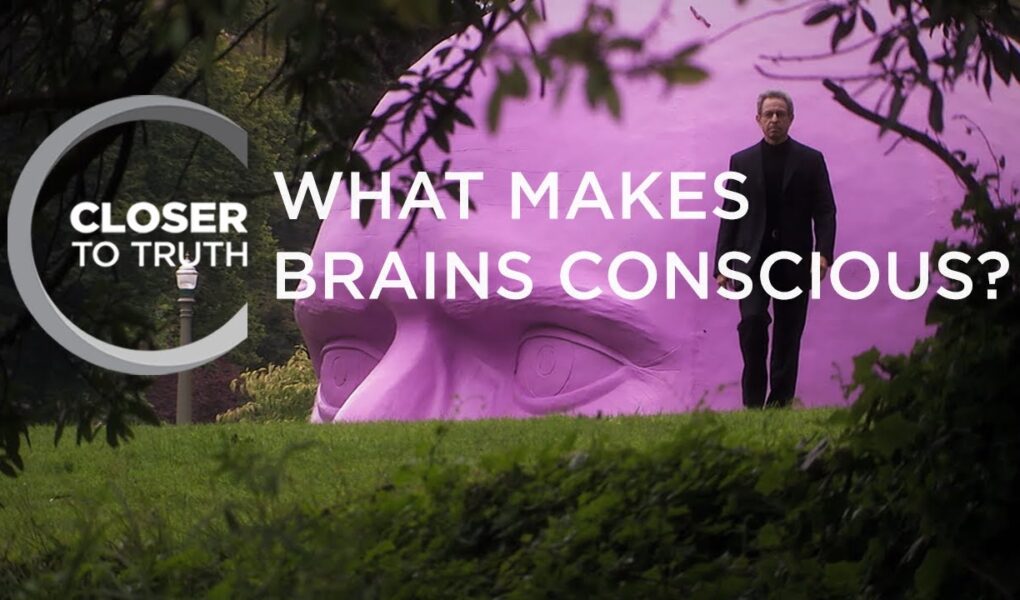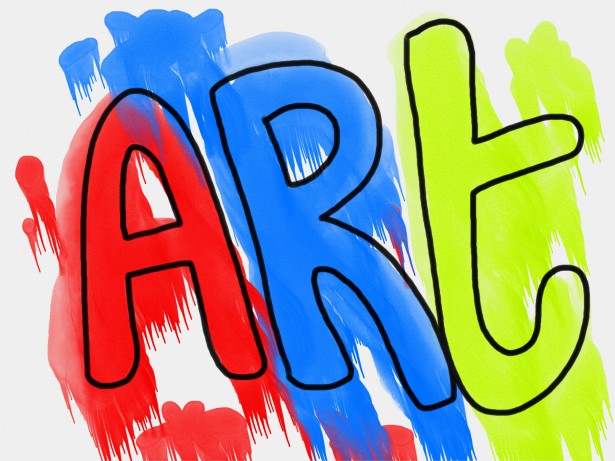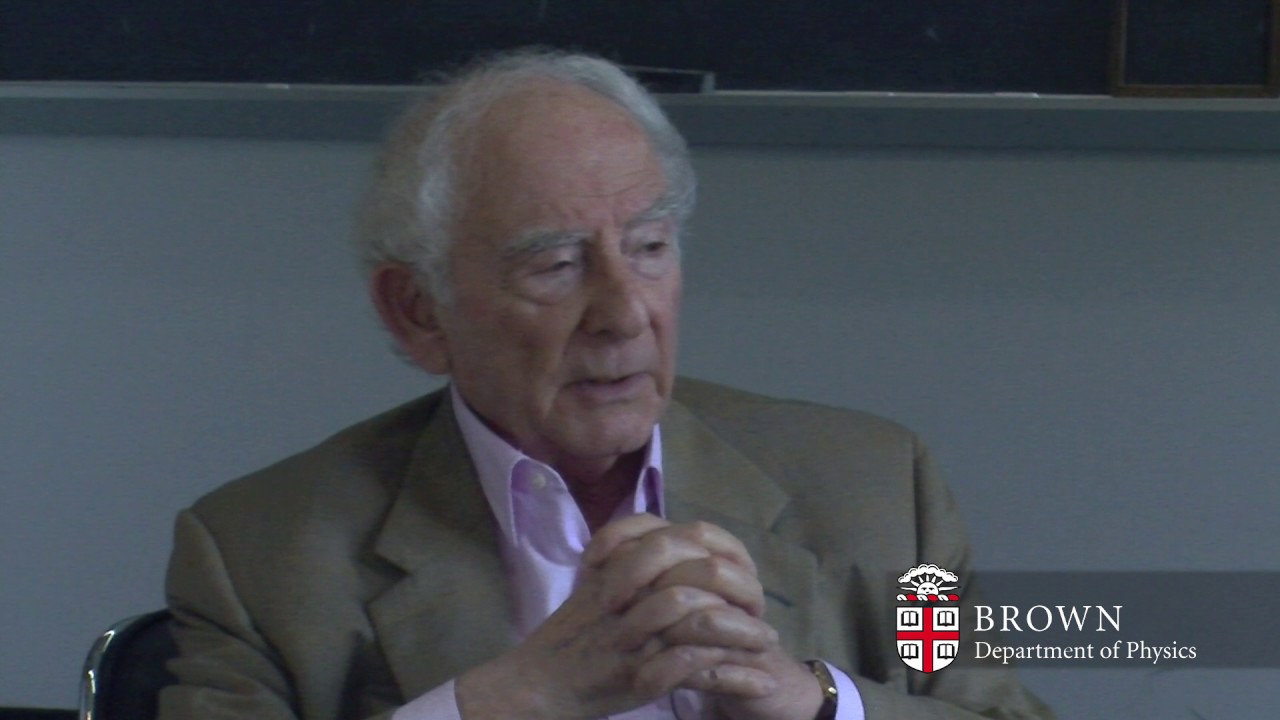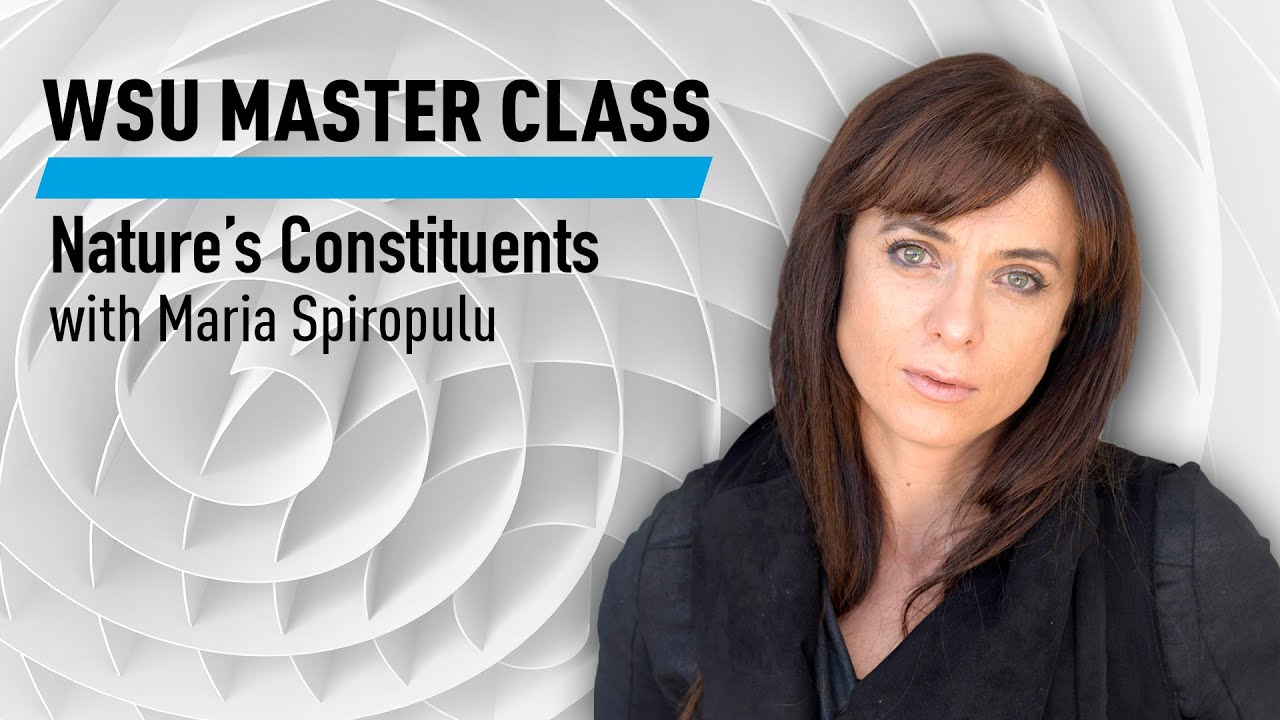Closer To Truth
Everything I know — everything! — comes from my brain. Consciousness, our private sense of inner awareness, is the one big question to which we might find answers. Featuring interviews with Arnold Scheibel, John Mazziotta, Christof Koch, Joseph LeDoux, and Stephen Chorover.
Season 7, Episode 6 – #CloserToTruth
▶Register for free at CTT.com for subscriber-only exclusives: http://bit.ly/2GXmFsP
Closer To Truth host Robert Lawrence Kuhn takes viewers on an intriguing global journey into cutting-edge labs, magnificent libraries, hidden gardens, and revered sanctuaries in order to discover state-of-the-art ideas and make them real and relevant.
▶Free access to Closer to Truth’s library of 5,000 videos: http://bit.ly/376lkKN
Closer to Truth presents the world’s greatest thinkers exploring humanity’s deepest questions. Discover fundamental issues of existence. Engage new and diverse ways of thinking. Appreciate intense debates. Share your own opinions. Seek your own answers.
#Brain #Consciousness
Source




what i think is that throughout millions of years, the mind became so fast and functioning in very complex way that it reached something like consciousness, an evidence that i have is that if we look at now kids we see that people comment : “ when i was his age i was still thinking my dad is a super hero” or something like that!! u got my point, a new kid automatically adapts! it’s like a state which is developing because of the mind developing accordingly to it functioning. and if it is for us to be aware we should have been aware of what we are!! and all truth is, but we know nothing we are not aware at all, we just solved all problems to survive and then we looked at another problem we picked the problem of how and why we exist and created imaginative things to answer!
This comment isn't to compete with others or make me appear smart. I'm not picking a fight or out for attention. I'll keep it simple, and about the first words spoken in the video. I'm asking a question not expecting an answer.
Video starts off with something like "I was startled by a sudden thought, everything I know comes from my brain"
I can imagine, and whether it's your sudden thought or not doesn't matter, I can imagine someone looking at a box of fruit loops admiring Toucan Sam's nose and saying "wow! The cereal box isn't why I know Toucan Sam. It's the brain in my body! That's how I know Toucan Sam.
What's sudden or startling about it? Its common sense in every way imaginable.
3 people can be at the same table looking at the same box and see it in different ways. What they all see that is the same is the box, the text, the drawing. What can be different is are the colors and tastes. That's what the brain gives you. The brain doesn't give you the box, the brain doesn't give you the table, and guess what, even if it does! Figure that one out. It's simple.
The only thing that makes your brain the creator of everything, is if you believe your brain is the only one. And I call BS
Boring
How can one think there is an afterlife. It is clear to me that consious is created in the brain. If you die your brain dies so no consiousnes any more. Nothing any more.
Nothing answered
Answer: Brains are not consious.
I would say that conciousness use over 98% of our sensors when we are deep reading someone else mind
Harrison Ford at 12 minutes.
Someone should look into Salvia divinorum- it's sold in tobacco shops, head shops, on line, etc. and it's legal- but it's unbelievably potent and I don't think it should be. That aside- when you smoke it, you lose your sense of self and hallucinate very heavily. It's not a drug that has addictive potential, in fact it's not very pleasant tbh- but it's a wild experience. The one thing I've noticed everyone who used it around me, you smoke it, experienced was that they literally forgot who or what they were and entered a dream like state. I thought I was a piece of thread in a huge piece of cloth that was wrapping around the planet- which in itself is a frightening experience- then as my senses began to return I went through this very short period of knowing who I was but thinking everything and everyone I had ever experienced or known wasn't real, it was all just in my head. I was so heart broken and lonely, this was by far the worst part of the experience. Then that faded and I slowed phased back into reality and realized I had just done a drug and had a short "trip" for lack of a better term. The whole thing lasts maybe a couple minutes, at most, but it can feel much longer. If they could figure out though exactly what part of the brain it's affecting- our sense of self is either contained in this area or, it plays a huge role in it such that if it's shut down or scrambled in some way- you lose your sense of self. A friend of mine who did it thought he was a part of a paddle wheel on the back of a big boat, another friend said he felt like he was just pure consciousness floating in some kind of space full of complex geometric patterns. But each person was also very frightened by the experience- myself included, I never did it again- and I never would. I only bring it up because I do find it interesting that so many ppl report losing their sense of self completely when they use it.
Great program, thanks for putting it together 👍
In enjoy these high-ly 👌
neural correlates of consciousness having energy and probability could link to quantum?
interaction between brain internal to organism and external environment through energy?
planning has to do with time (future) more than energy; maybe time is unconscious in contrast to energy which is conscious?
are the neural correlates of consciousness made up of energy?
what happens to energy in brain when conscious or not conscious?
complex nervous systems become aware of external environment through energy?
No answers – waste of time – they know nothing.
I love his work and research for humans here on planet earth ❤
A good blood supply.
“Everything that I’ve learned comes [from] my brain” How about this instead, ‘EVERYTHING I’VE LEARNED COMES thru MY BRAIN’ – NO ARGENT MANDATE HERE JUT A QUARY –
What if every living cell is conscious? What if the colony of cells that we call the brain combines the consciousness of the many cells into an ever-changing experience, with cells joining and leaving the colony as they become excited or become quiescent? What if the idea of "me" is not a unit, but a multiple? Then is there really a "me", or is there an "us", with each individual member of "us" being a neuron. Neurons die, neurons are born, they fade from use, ever changing throughout our lives so that the "us" that I am today at 75 is not the same at all, as the "us" that I was at birth or at any time in between. So there is no "me", there is no "thing" to live on after this body stops functioning. There is only the memory, and that, obviously, will go when the lights finally turn off.
Consciousness is not limited to human brain because there are abstract things with consciousness
Scheibel – What a great teacher!
Consciousness is a coalition of neurons. Or so the Germans would have us believe.
I find that many scientists talking about consciousness are vague or in my opinion wrong in what they consider essential to consciousness. Consciousness is almost inexplicable but most closely we could get I think, is to say that it is a knowing that I know. But not a verbal knowing that says "I know", but the direct experience of it, as if the verbal part were another layer, just like imagery and sensory experiences might be another layer. It's more similar to the idea of the projection screen, where consciousness is the self-aware screen viewing itself, but isn't what is projected on it. Somehow often consciousness gets equated with experiences and I don't agree with that. It is more fundamental, again: imo.
I've wondered whether somehow consciousness is weaved into the fabric of reality, just like spacetime. Maybe it's a quality of the universe (not of objects in it, but rather pervading everything). It's not exactly the same as panpsychism as that is always explained as "everything is conscious to some extent", which isn't what I'm saying. I'm wondering whether consciousness is weaved through the universe like spacetime, it's part and parcel, and the individual one-point experience of a human being or another form of life is then experienced as being in that place and being personal consciousness, simply because there are experiences being generated in that location by a brain, which can be 'awared' by all-pervading consciousness. The variety of experiences between human beings and between different animals and creates is just a result of different experiences being generated, but the consciousness that knows all of it is not personal, it just seems that way because the experiences that are being experienced are local.
Only a whole living human being or other creature could be conscious, not a brain outside of the context of that.
Brains aren’t conscious; minds are.
I understand that consciousness enhances the coordination to survive on earth but why didn't the dinosaurs evolve to our level of consciousness? There were millions of years of dinosaurs existence. Was there not enough oxygen in the atmosphere to support larger brained creatures?
It seems to me that consciousness manifests when a critical mass of neurons are generating their chemoelectrical signals. As these electral signals travel on the axons, an electromagnetic wave is produced that radiates a short distance. When multiple neurons fire simultaneously, the interactions of intersecting waves creates a field that is more than the sum of its parts (by waves reinforcing each other). This is consciousness. Feedback loops increase or decrease firings from specific brain areas as we focus or ignore information from them.
we can build huge machines to collide particles and dissect the world into the smallest quark and at the same time have basically no idea how a piece of meat works. it feels like we are missing something fundemental that materialism cant seem to fathom.
Is there anything else happening in brain when there is conscious experience / subjective awareness besides neural correlates? What does oxygen from the blood do during neural correlates of conscious experience?
What outside the brain exhibits consciousness?
Would emotional experience have subjective awareness?
Do neural correlates of consciousness happen because something different than the neurons is producing conscious experience in correlation of neurons? And would that mean something inside the neurons produces neural correlates of consciousness, or something in the networking produces neural correlates of consciousness?
What would it mean that different networks of neurons each can produce conscious experience? Does it mean something in the networking of neurons produces conscious experience? Or could it mean something besides network of neurons is needed to produce conscious experience? Or might it mean something inside each neuron produces conscious experience, so that any network of neurons will produce conscious experience? Or something else?
Is there any common neurological activity to the variety of conscious experiences?
Christof needs to stop doing Koch and smoke a bowl or 2. Sheesh. Relax and breathe deep.
Neuroscientist Joseph LeDoux just blew my "mind". And explained so much about human behavior in a simple (and guilt relieving) statement:
"…our prefrontal cortex has no communication with the amygdala (!). So the part of the cortex, prefrontal cortex involved in thinking, planning and decision making, is NOT connected with the amygdala (emotional center)….that's why it is so hard for us to have conscious control over an emotion like fear, anxiety…we can't just say 'okay I'm not going to be anxious, depressed anymore' because there's NO connectivity there." Wow!
It's completed and we are in the discovery stage so everyone gets a shot at it. Read the history of any branch of science and it is littered with postulates. Given time I believe that the adage "The mind is what the brain does will" win the day and like the god of the gaps the competing ideas will fall away.
What makes brains conscious? That question can also be, what makes matter conscious? Answer: it isn't, the statement " I am this body " translates to " I am conscious of this body " but as soon as you say that that confirms that there is a subjective reality and no longer how much you could study the atom in detail you would not find any subjective existence within it. The subjective is distinct from the objective and no objective object such as our brain can reveal to us the nature of the subjective reality being the " eternal in the now reality of sameness " that consciousness is.
I hope RLK reads these comments. I have a theory. What makes brains conscious? We as humans become conscious because like no other animal are forced to go to the restroom. It is this process at the age of 2 – 4 we have to shift our brains to realize we have to catch ourselves before we need to go and act on it. This makes us self-aware.
Lol! Consciousness doesn't come from the brain! Consciousness just is and has always been. 'No-one doubts this'- aah yes, my cat is actually a dog…
Can the brain / mind experience and figure out what energy is doing, then focus and direct energy to do something?
Man, that Dr. Christoph was a fast talker, he wore me out trying to keep up with him.
Great series. The fact that neuroscientists have to elicit "belief" and have little to no proof that consciousness emerges from the brain is perfectly summarized at the end.
It's the reason that Robert, himself a neuroscientist, continued to follow his intuition that there is something more, a mind, soul, whatever you want to call it, and create awesome episodes of this great show.
I'd love for a neuroscientist to explain that. Why do we have such strong metaphysical insights or intuition that we follow, which go beyond the material? Indefinitely, they would be able to.
8:40 It seems to me,
many interviewee's statements are crafted in such a way as to avoid,
as much as possible,
the causing of disturbance in the minds of the religious.
Any idea how many Psych departments are funded by religious organizations?
I wonder if interviews with Fennoscandians would yield a different flavour.
Whispered from the peanut gallery…
3:22 Any viewer who has encountered Julian Jaynes' Bicameral Theory
will take exception at this point.
According to the theory,
humanity began to evolve a conscious state about three thousand years ago and
a thousand years later the transition was more or less complete.
('evolve' here means cultural evolution, memes not genes.
(Interesting to note, the evolutionary project completed about the time of Jesus)).
6:12 The person's mind depended utterly for its abstract 'existence' on
the ACTIVITY going on its material substrate
(by material substrate I mean of course the physically existant brain).
The material substrate in his hand is merely the 'ash' left behind, poetically speaking.
6:46 Scientists cannot see 'consciousness' because consciousness is abstract.
What they see is the isomorphic behavior in the substrate.
Of course that's what our host means beneath his poetic speech.
(I think I might be hungry because I just felt a strong urge
to spell speech speach (ahhh, Succulent peach, struggling to be typed,
struggling to tell me it's well past time to eat).
We rightly know that in general, "correlation does not (necessarily) mean causation," but to ignore direct strong correlations over time and space of aspects of consciousness to brain activity is to deny statistical causation which is the core of science.